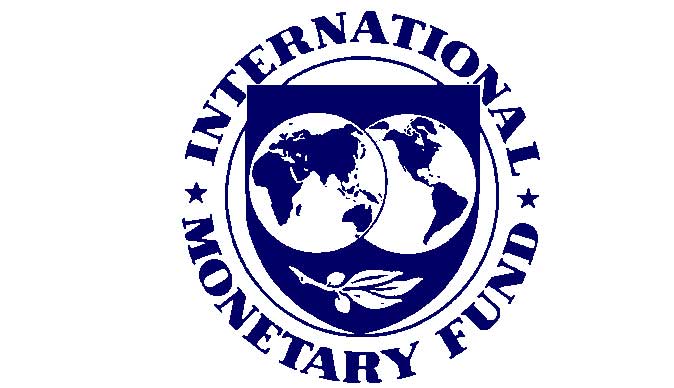The International Monetary Fund (IMF) has said restrictions placed on imports in Nigeria and other African countries are bringing challenges to business operations.
The fund stated this in its Regional Economic Outlook for Sub-Saharan Africa, titled ‘A Tepid and Pricey Recovery’.
It explained that the twin challenges of import restrictions and foreign currency shortages could mar the post-pandemic recovery in terms of the profitability of companies across the region.
“Moreover, several countries are facing challenges like foreign currency shortages or import restrictions (for example, Angola, Chad, Ethiopia, Kenya and Nigeria), which have complicated business operations.
- Abbas to Ganduje: Raise c’ttees to reconcile aggrieved APC members
- Shettima launches Accelerated Education programme for North East
“This comes at a time when companies in the region have just turned a leaf and returned to pre-pandemic profitability,” it stated.
The report noted that the post-pandemic recovery for the region comes during a time of global uncertainty and shocks, as rising interest rates push sub-Saharan African (SSA) countries’ expenditure from critical capital investments towards debt servicing.
According to the IMF, such divestment results in low educational outcomes and rising food insecurity in the regions.
It referenced a report that states that only 65% of schoolchildren complete their primary and secondary education in the SSA, compared to the global average of 87%.
It was also noted that food insecurity has become rife in the region, with Nigeria and the DR Congo being flash points.
“The liquidity squeeze is imperilling the growth prospects of the region’s future generations, as funds are sorely lacking to address the vast development needs, intensified by the pandemic’s scarring effects. For instance, nearly three in 10 school-age children are not attending primary and secondary education. Of those who do enrol in primary school, only about 65 per cent complete it, compared to the global average of 87 per cent,” it further stated.

 Join Daily Trust WhatsApp Community For Quick Access To News and Happenings Around You.
Join Daily Trust WhatsApp Community For Quick Access To News and Happenings Around You.



